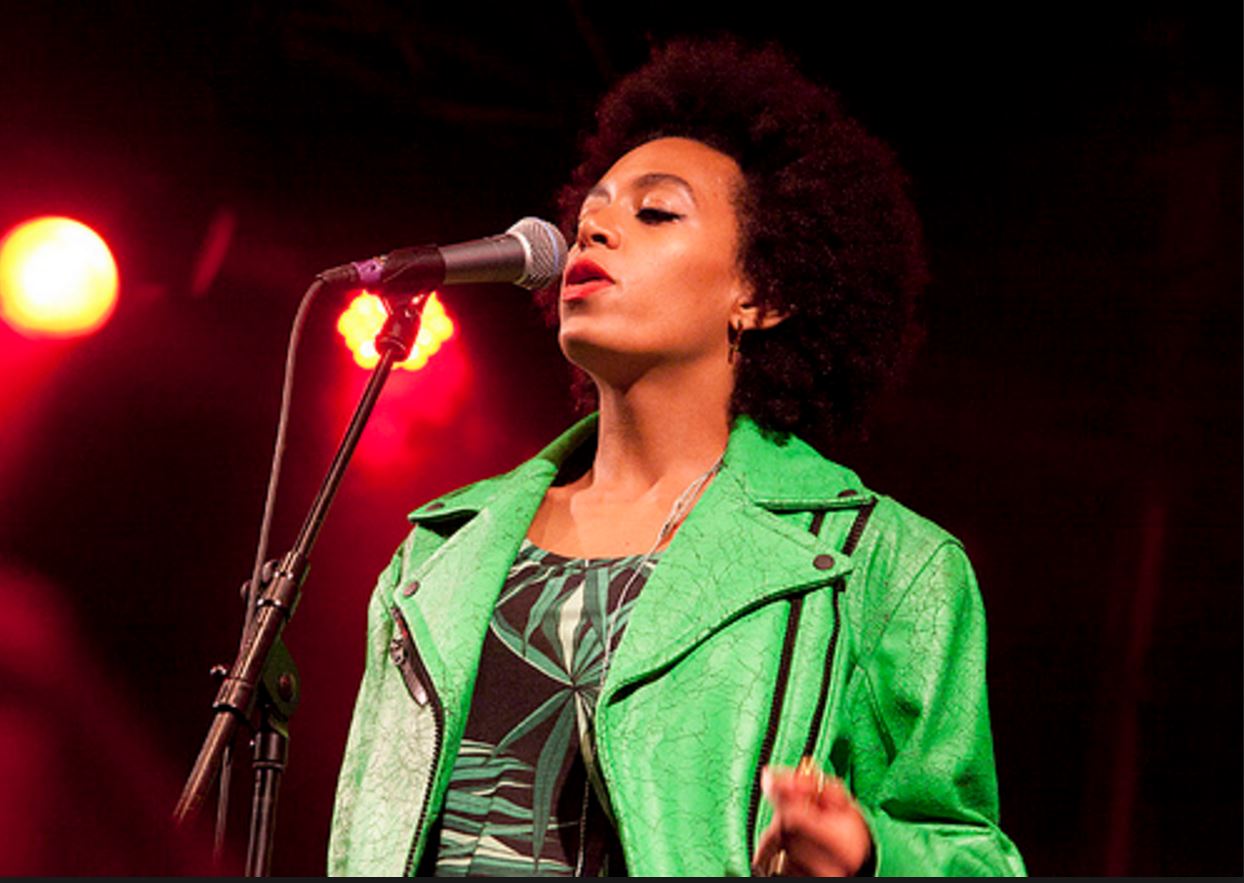My Thanks to Solange: Continuing the Mental Health Discussion

Image by Toni Rosado via Flickr / CC BY 2.0
When I told my dad I was starting therapy, he laughed and asked, “What do you need that for?” Not seeking mental health help within the black community has roots that run deep; the attitude my father holds against mental health resources reflects the long-standing stigma against seeking help or even admitting one needs it. Unfortunately, seeking help is viewed as something for white people, and it is this mindset that further fuels the divide between black and white communities — because mirroring white culture can be looked down on.
Stereotypes further the silencing of mental health help within black communities. For instance, the “strong black woman” who does it all reinforces the notion that even discussing mental health issues is seen as being weak. Or the reference to our ancestors, who suffered slavery, whom endured inhumane living conditions and did not have the luxury of any resources, which creates a sense of pride knowing that we come from a line of fighters, providing reason to dismiss problems instead of confronting them. The black community has evolved into a force that society both steals from and abuses, but both white and black people alike feed into the idea that black people can do without mental health help.
Solange’s newest album, “A Seat at the Table,” is full of references to her struggles with mental wellness, but also what the black community needs in order to encourage discussion. Solange references this pain of turning emotions inwards in her song, “Cranes in the Sky,” where she shares the exhaustion of avoiding the cranes in the sky, or the “metal clouds.” They refer to the apparent and protruding problems in her life that she attempts to avoid with various distractions, like changing her appearance, shopping, or “sexing” it away. Regardless of race, this hits home for those of us who have tried different tactics to avoid our problems. But for black folk, she highlights self-destructive behaviors we indulge in, that could be helped with better coping strategies.
Solange approaches this topic in an interlude, “Pedestals” featuring rapper Master P, where he begins to discuss the hushed drug problems within white communities. He points out that white communities have the option to turn to rehabilitation services, but states that “black kids have to figure it out, we don’t have rehabs to go to, you gotta rehab yourself.” Not only do blacks have to conquer any obstacles in their mental health, but they are expected to fix themselves as well.
Obviously, without resources, this is practically impossible. Without open dialogue about mental health, it actually is impossible. According to Substance Abuse and Mental Health Services Administration (SAMSHA), in 2014 only 9.4% of blacks received mental health treatment compared to 18.8% of whites (Table 1.22B). Black communities are forced to deal with their problems silently instead of receiving proper attention that they need.
According to the Journal of Racial and Ethnic Health Disparities, white men are more likely to feel depressed due to stress, even though they have less stress in their lives than any other demographic. Shevrin Assari concluded that this is because whites are at the “highest risk of poor outcomes when life gets out of control,” such as poverty or unemployment. He concludes that for blacks “a stressor is anything but new. They have mastered their coping skills,” in that the sources of stress for white people are considered outside of their norm while black people are accustomed to hardship. However, does that mean we should wait until the black community cracks under all this pressure to provide them with the resources they deserve?
The limited resources available to the black community and the treatment blacks face on a daily basis are enough to make anyone upset, or, rather, any social justice-minded person angry. Solange’s song “Mad” featuring Lil Wayne is, full disclaimer, one of my favorites from the album. In it, she describes the criticism the black community faces when we become frustrated, aggravated, or straight out angry. She claims, “I’m not allowed to be mad,” yet we have a lot to be mad about. One only needs to look at the news in recent years to see why black people would be angry, saddened, and fearful. Whether we “let it go before it get up in the way,” as Lil Wayne puts it, or embrace our anger, we are constantly put in a position of explaining just why we organize and march, why our anger is at a boiling point, why we want change, and why we are tired of explaining. Solange, too, says, “I’m tired of explaining,” and how being pressed to do so can be insulting. It’s even more so when our anger is misunderstood, seen as misguided, and used as a scare tactic to further alienate the black community.
Addressing this vast problem begins with talking about the stigma, dangers of internalizing our problems, and lack of resources. The hushed discussion of mental health awareness needs to change into a celebration of self-care. More members of the black community need to step up to start this discussion of receiving help, and that it is perfectly acceptable to not be okay. If you haven’t listened to Solange’s newest album, you should. More than just a plug for an album, this can be a way, as art often is, to begin a conversation that will be difficult. The result, however, can be a black community that champions its mental health and helps so many who desperately need it. As for my dad, he’s got his own issues, so maybe we’ll start by listening to the album together.




